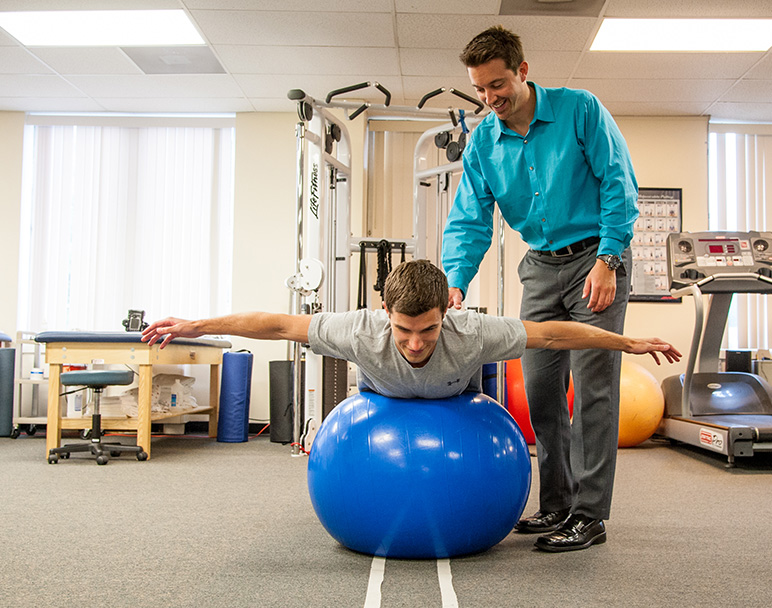However, the road to earning a PhD comes with its own set of difficulties and rewards. Understanding these aspects can help students prepare for the rigorous academic and professional demands of this field.
The Challenges of Pursuing a PhD in Physical Therapy
One of the biggest challenges of doing a PhD in Physical Therapy is the time commitment. A doctoral program typically takes between three to five years to complete, depending on the research topic and the student’s dedication. Balancing research, coursework, and personal life can be difficult, requiring strong time management skills.
Another significant challenge is the complexity of research. Unlike undergraduate or master’s studies, PhD programs require students to conduct original research that contributes to the field of physical therapy.
This involves extensive literature reviews, data collection, analysis, and interpretation. Many students find this process overwhelming, especially when faced with unexpected results or difficulties in securing funding for their projects.
The financial burden is another concern for many PhD students. Unlike professional degrees that lead directly to lucrative careers, a PhD requires years of study with limited financial returns during the program. Students often rely on scholarships, grants, or part-time jobs to support themselves, which can add to the stress of academic life.

Another hurdle is the need for specialized knowledge. Physical therapy is a broad field, and PhD students must narrow their focus to a specific area, such as neuromuscular rehabilitation, sports therapy, or geriatric physiotherapy. Developing expertise in a specialized area takes time and requires continuous learning.
Finally, maintaining motivation and resilience throughout the program can be difficult. Many PhD students experience burnout due to the demanding nature of their studies. The pressure to complete research, meet deadlines, and defend a dissertation can take a toll on mental and emotional well-being.
The Benefits of Pursuing a PhD in Physical Therapy
Despite the challenges, earning a PhD in Physical Therapy offers numerous benefits that make the effort worthwhile. One of the most significant advantages is the opportunity to contribute to the advancement of healthcare. By conducting original research, PhD graduates help improve rehabilitation techniques, develop new treatment protocols, and enhance patient outcomes.
Another major benefit is career advancement. A PhD opens doors to leadership roles in academia, research, and clinical practice. Many universities and research institutions prefer hiring faculty members with doctoral degrees, making it easier for PhD holders to secure teaching and research positions.
Financially, a PhD in Physical Therapy can lead to higher earning potential. While the initial investment in education is significant, graduates often find lucrative opportunities in academia, healthcare administration, and research organizations. Their expertise is highly valued, leading to well-compensated positions.
PhD graduates also enjoy the intellectual satisfaction of mastering a specialized area within physical therapy. They become experts in their field and gain the ability to influence healthcare policies and practices. This level of knowledge allows them to mentor students, guide clinical practitioners, and shape the future of physical therapy.
Another advantage is the opportunity to collaborate with professionals worldwide. Research in physical therapy is a global endeavor, and PhD students often engage with international experts, attend conferences, and participate in cross-border projects. This exposure broadens their perspectives and enhances their professional networks.
Furthermore, a PhD provides personal growth and resilience. The process of conducting research, overcoming obstacles, and successfully defending a dissertation builds confidence and critical thinking skills. Graduates develop a deep sense of accomplishment and are well-equipped to tackle complex challenges in their professional lives.

PhD in Physical Therapy at The University of Faisalabad (TUF)
For students seeking a reputable institution to pursue a PhD in Physical Therapy, The University of Faisalabad (TUF) is an excellent choice. TUF offers a well-structured PhD program designed to equip students with advanced knowledge, research skills, and practical expertise.
The university provides state-of-the-art facilities, experienced faculty, and opportunities for clinical research. With a strong emphasis on academic excellence, TUF prepares graduates to excel in research, teaching, and clinical practice, making it a preferred destination for aspiring PhD candidates.
Conclusion
Earning a PhD in Physical Therapy is a challenging yet fulfilling journey that offers numerous professional and personal benefits. While students may face obstacles such as time constraints, financial burdens, and research difficulties, the long-term rewards make the effort worthwhile.
Graduates gain expertise, career advancement, and the opportunity to contribute to the improvement of physical therapy practices. Institutions like The University of Faisalabad (TUF) provide excellent academic programs that support students in achieving their goals. For those passionate about making a difference in healthcare, a PhD in Physical Therapy is a valuable and impactful pursuit.